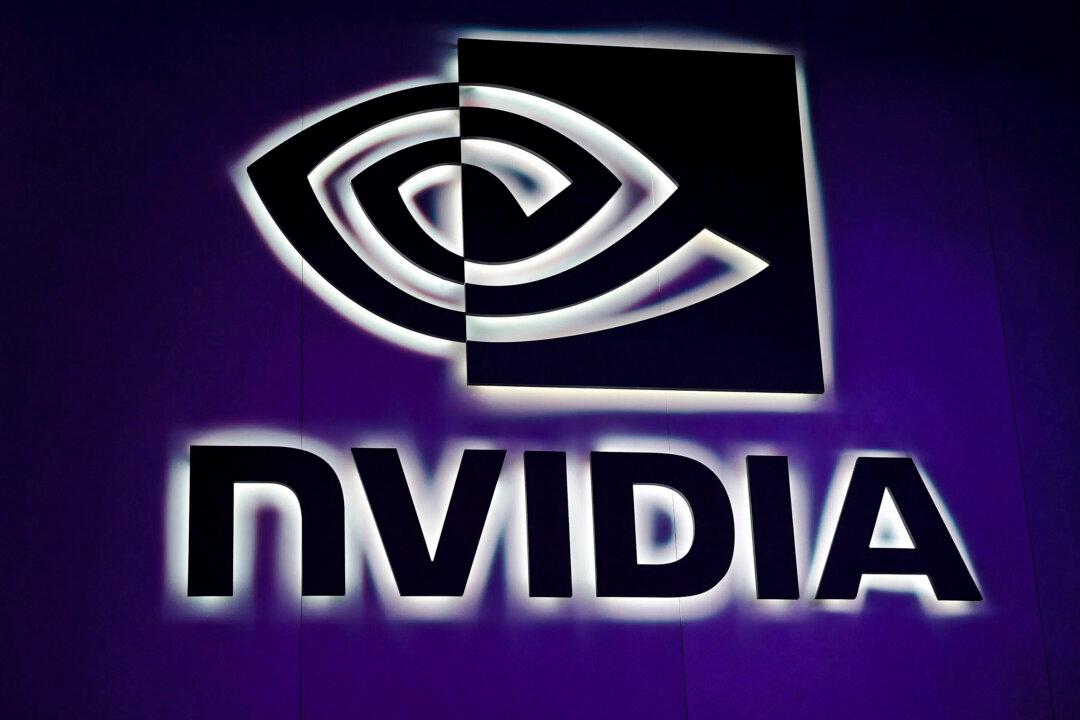The Supreme Court on Dec. 11 dismissed Nvidia’s appeal of a lower court ruling that allowed shareholders to sue the company for alleged securities fraud.
This new court opinion, in which the justices declined to rule on the merits and instead did an about-face on their June 17 decision to hear the case, means that the lawsuit can move forward.





